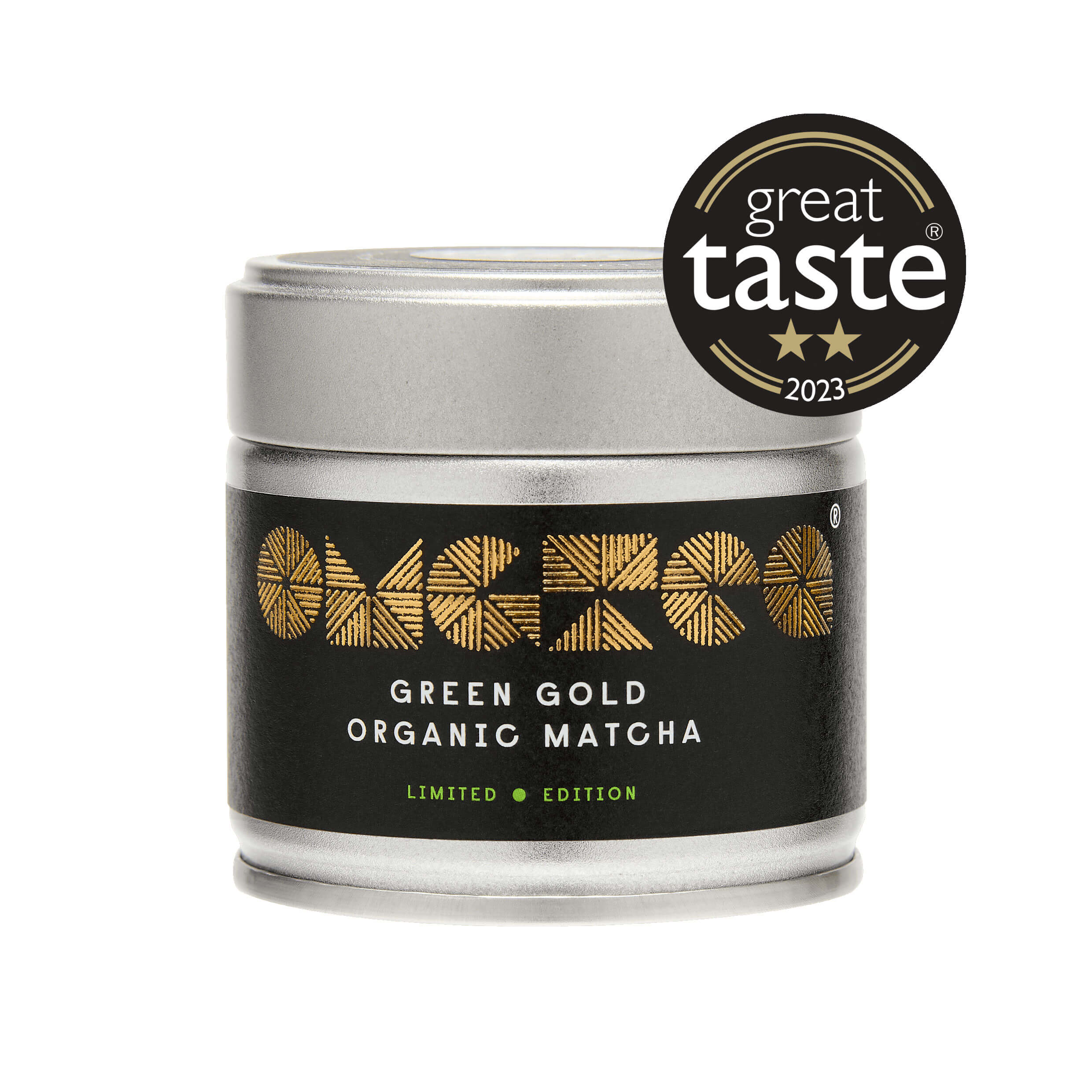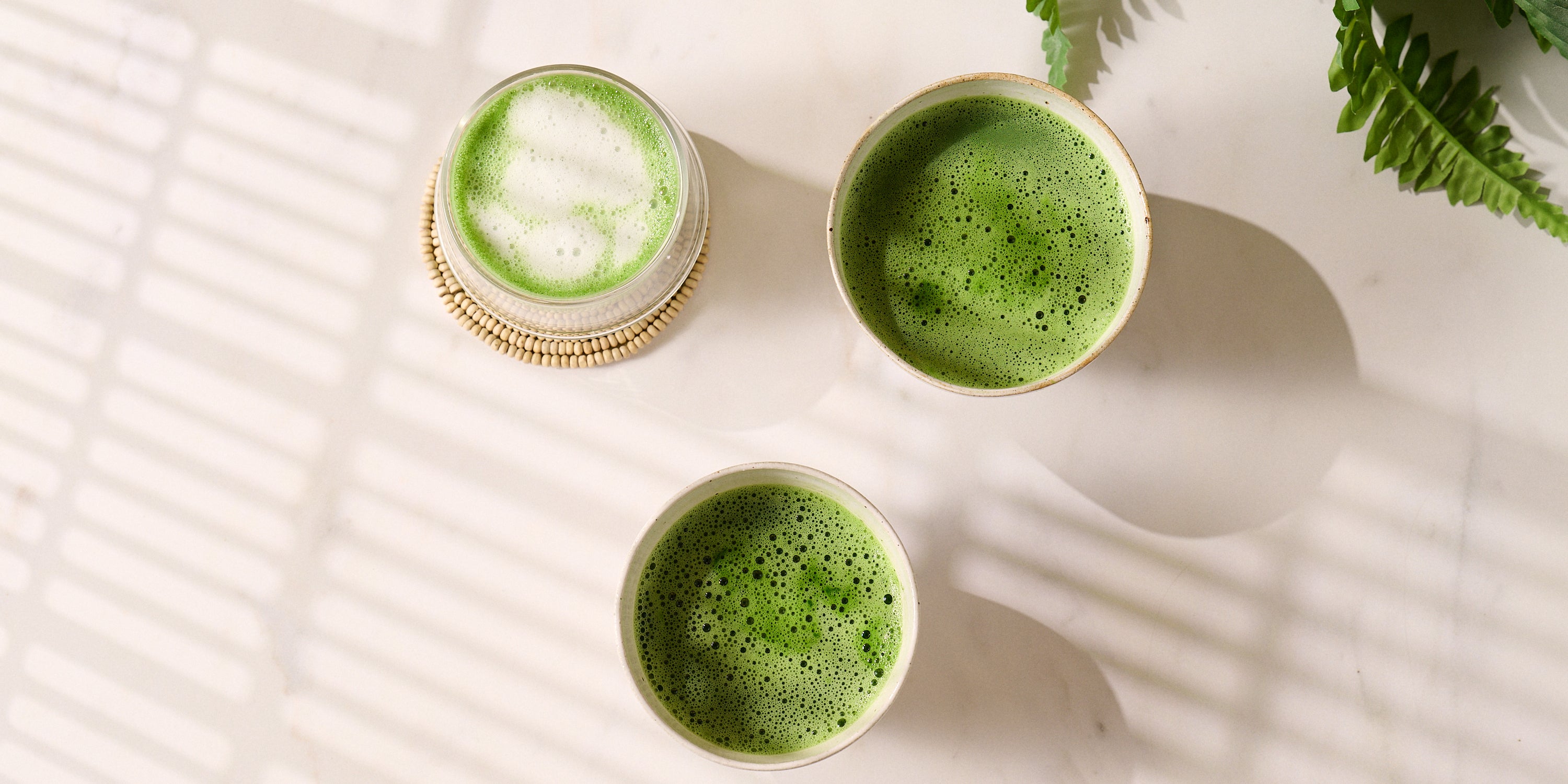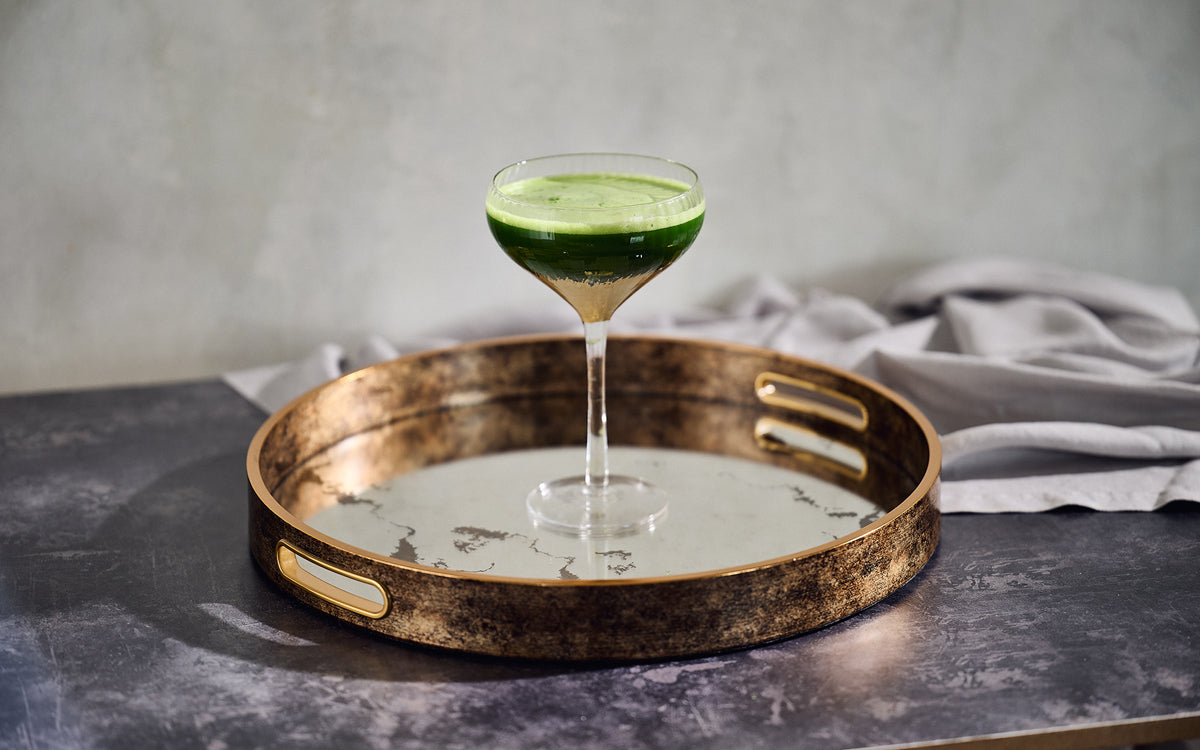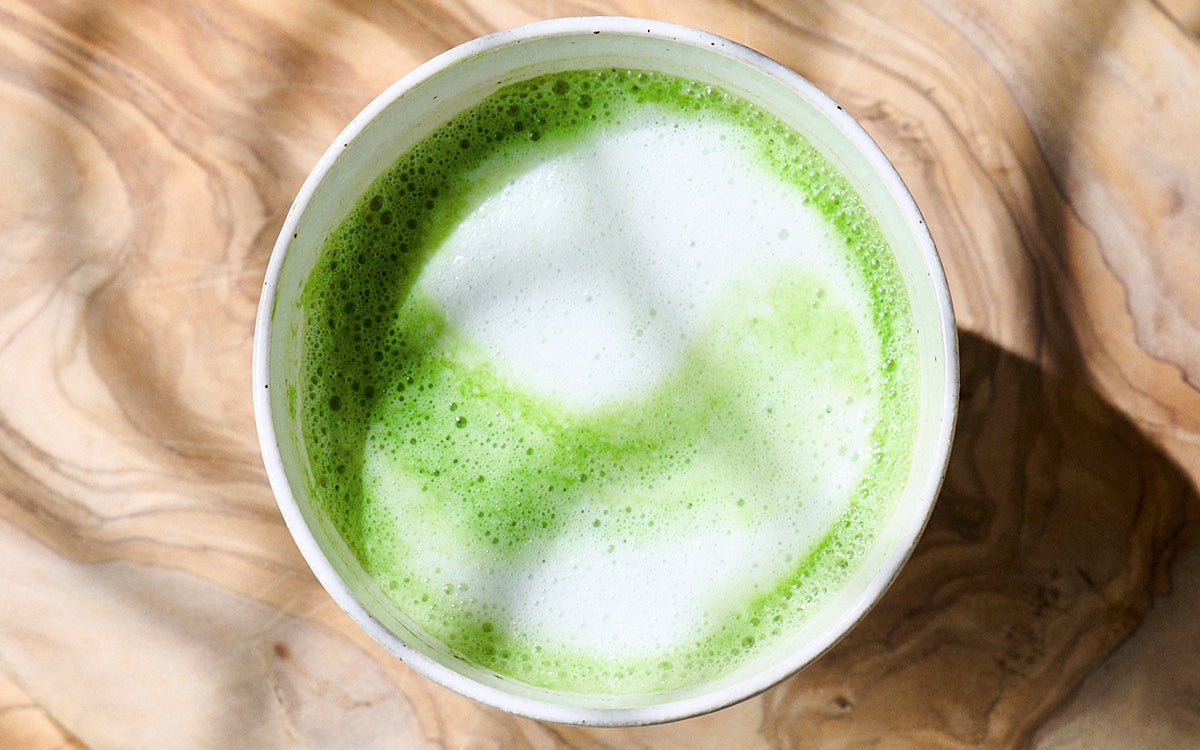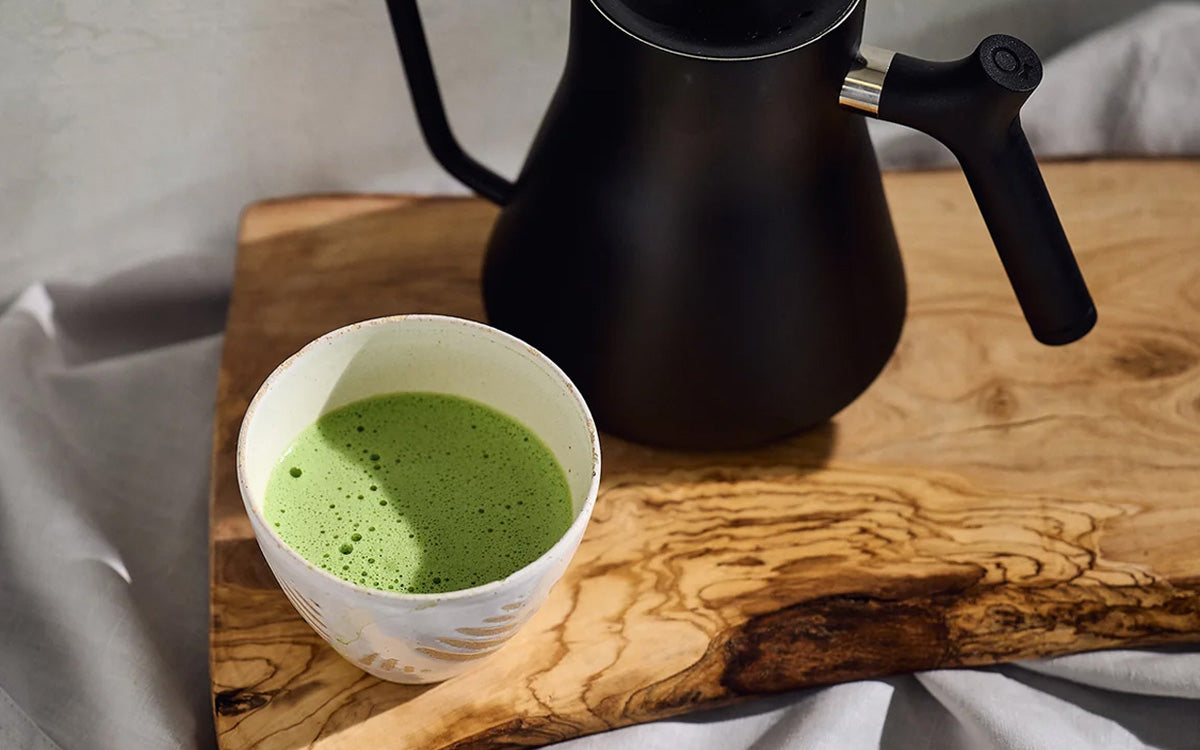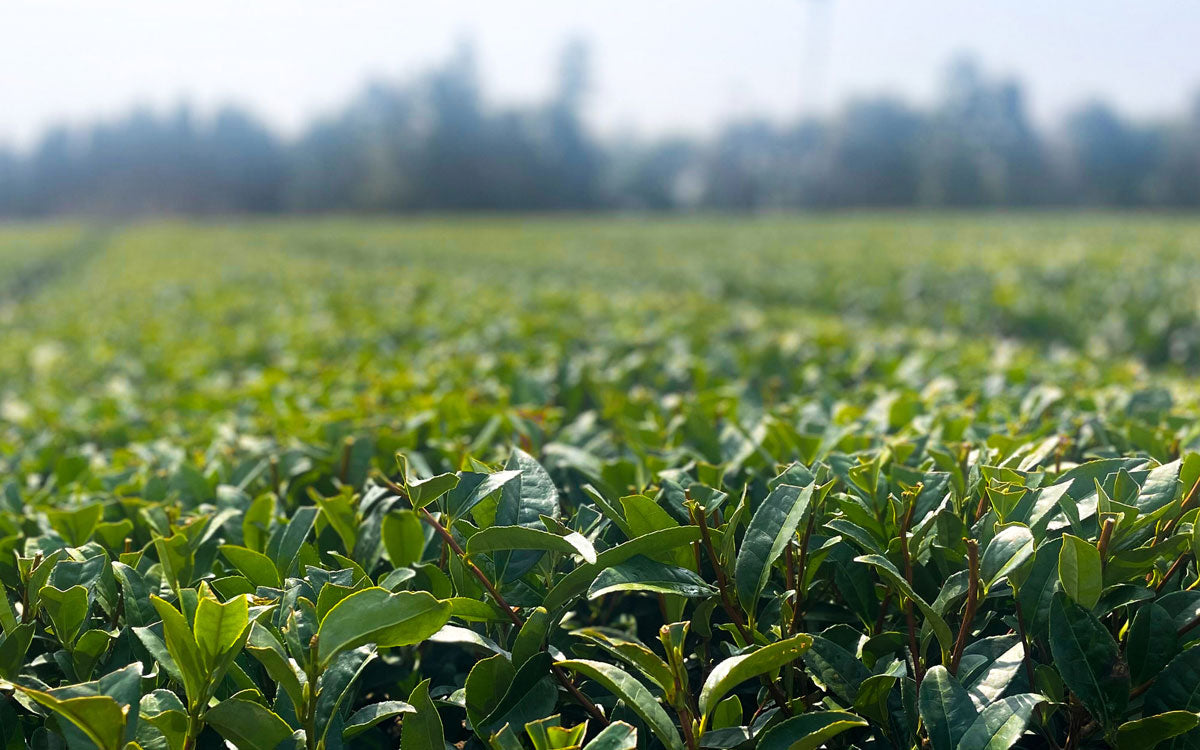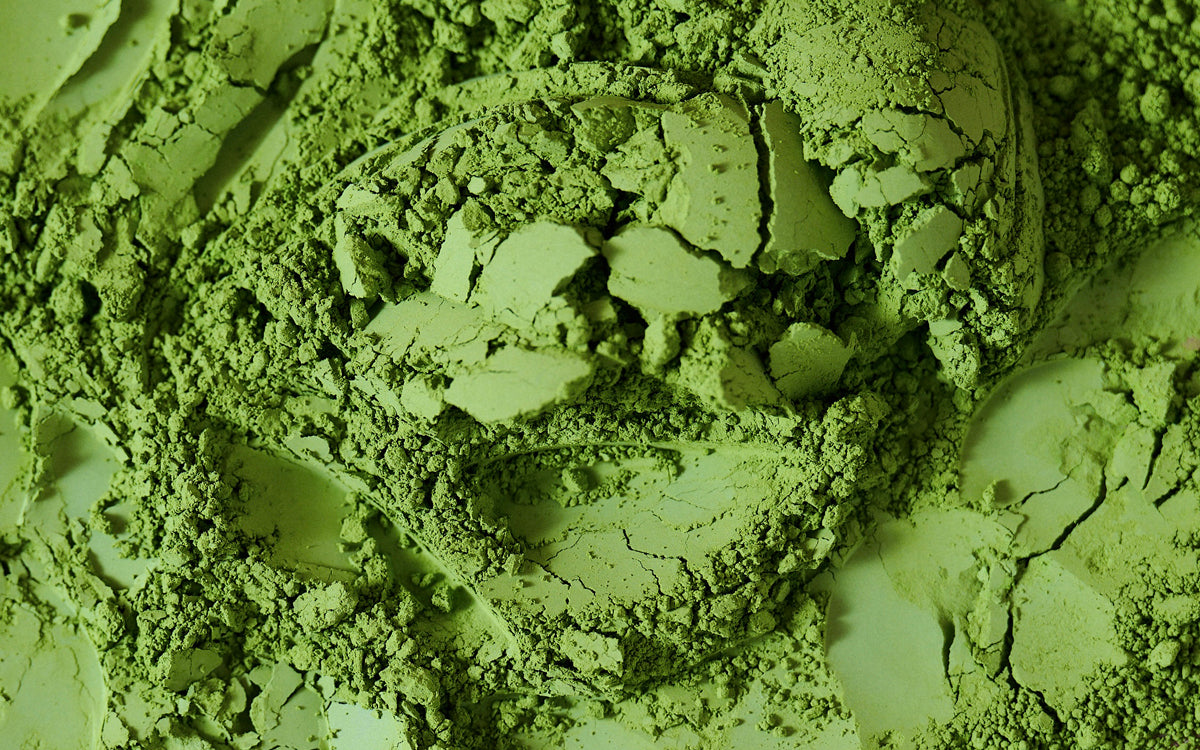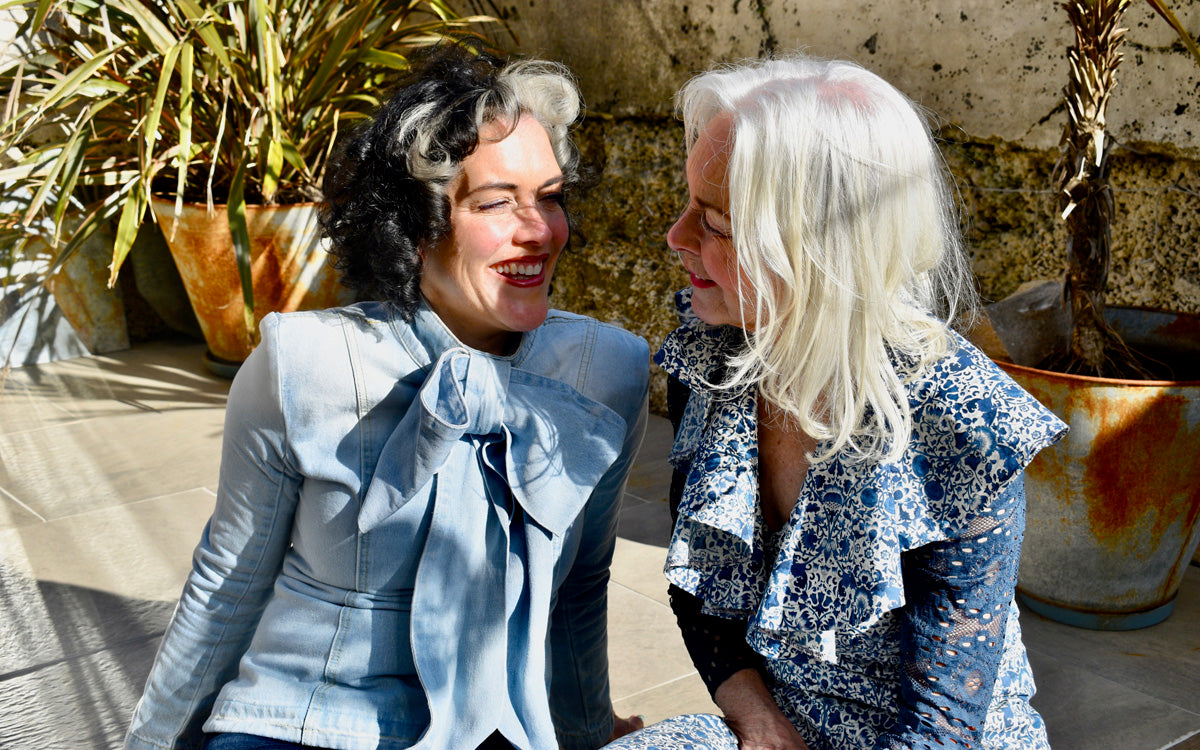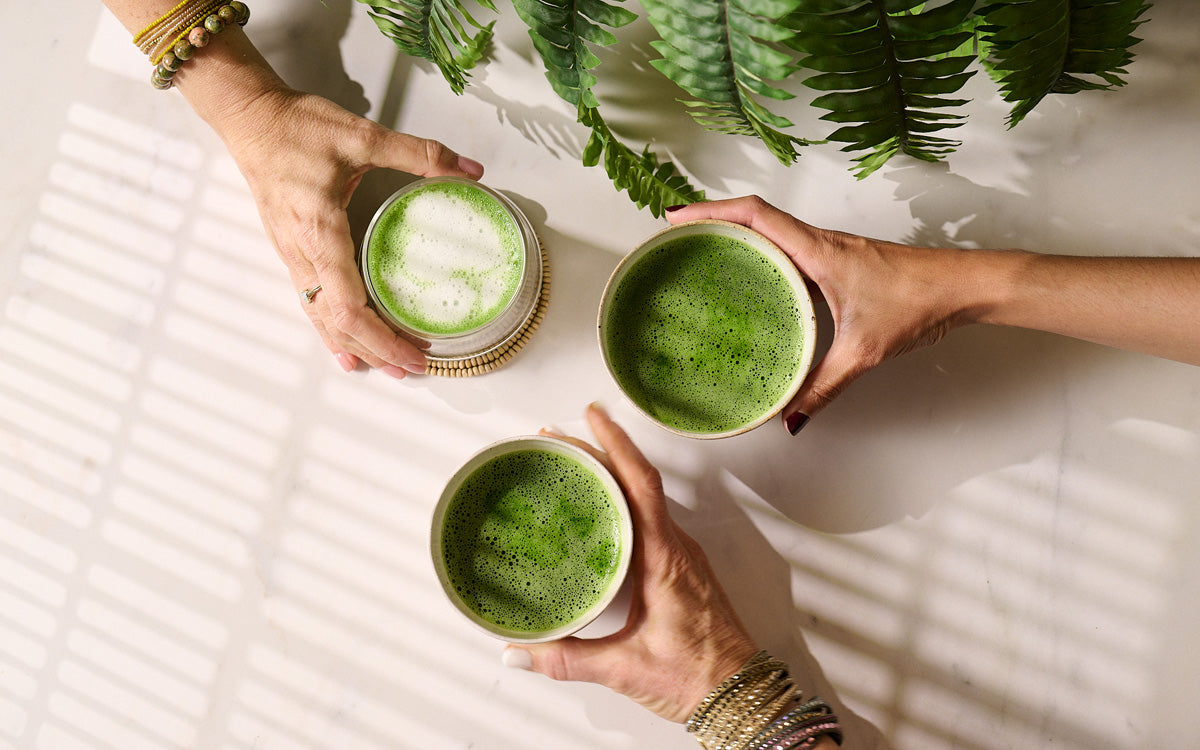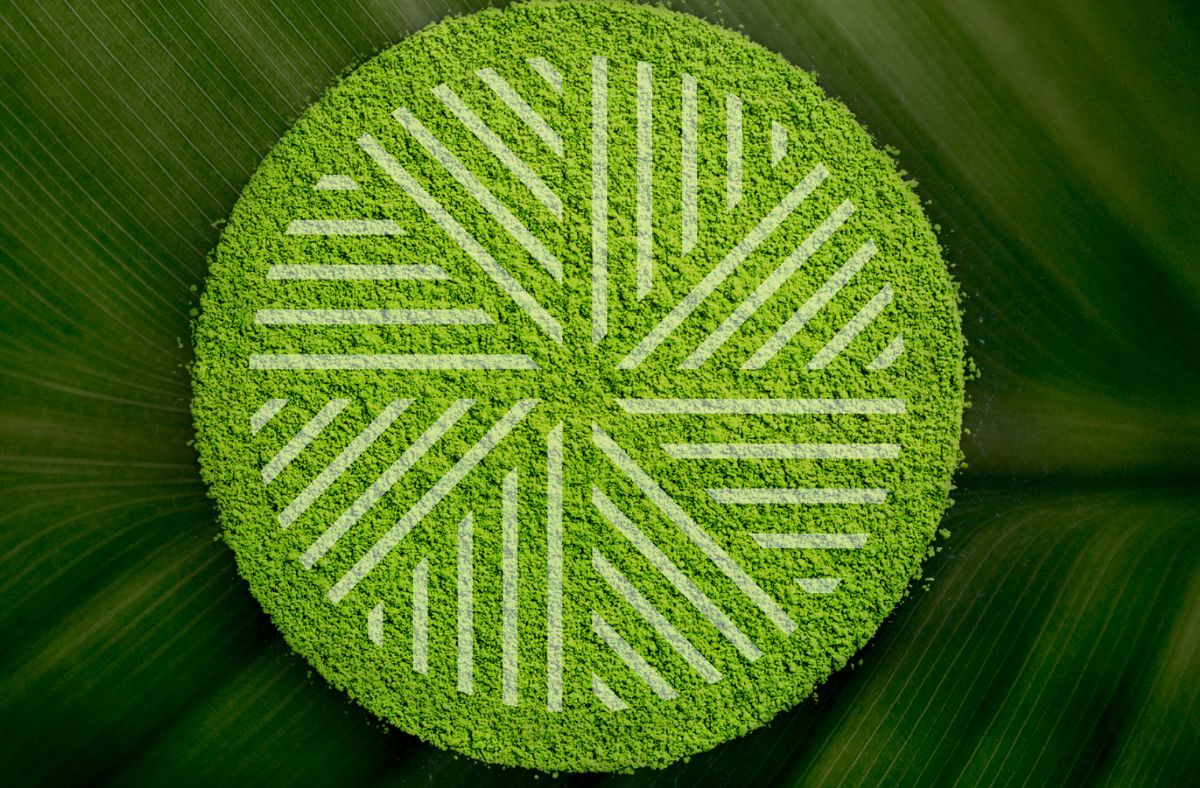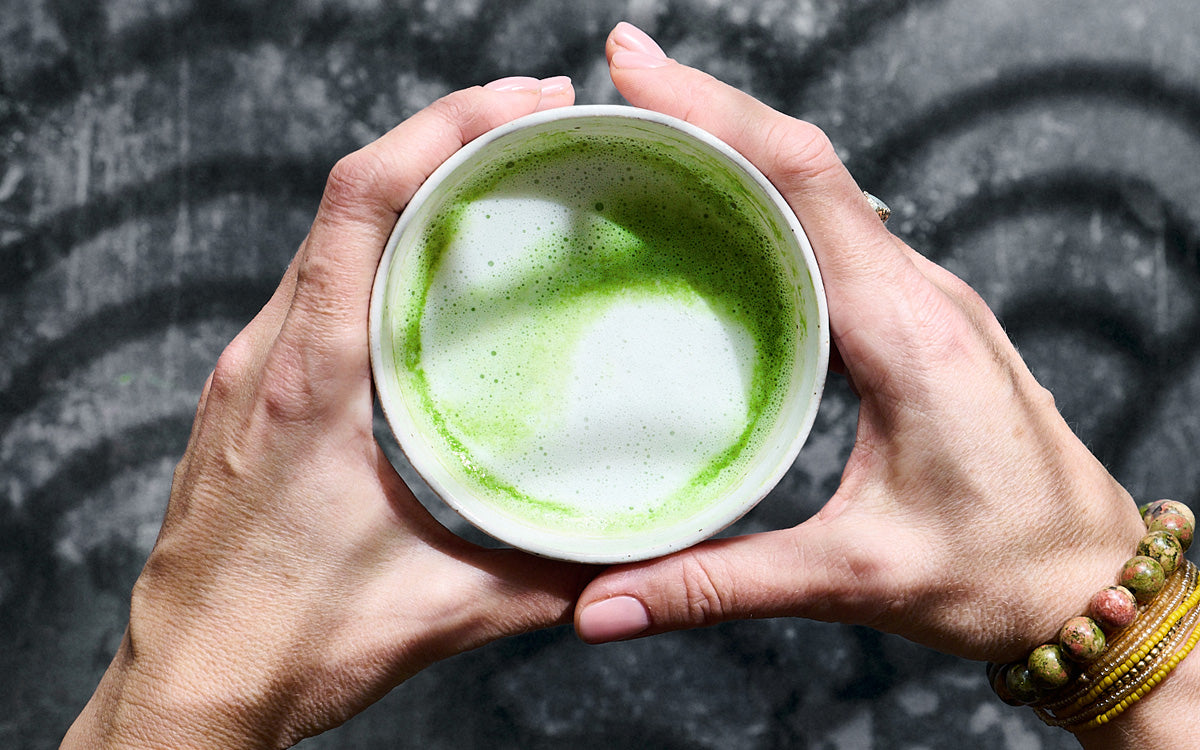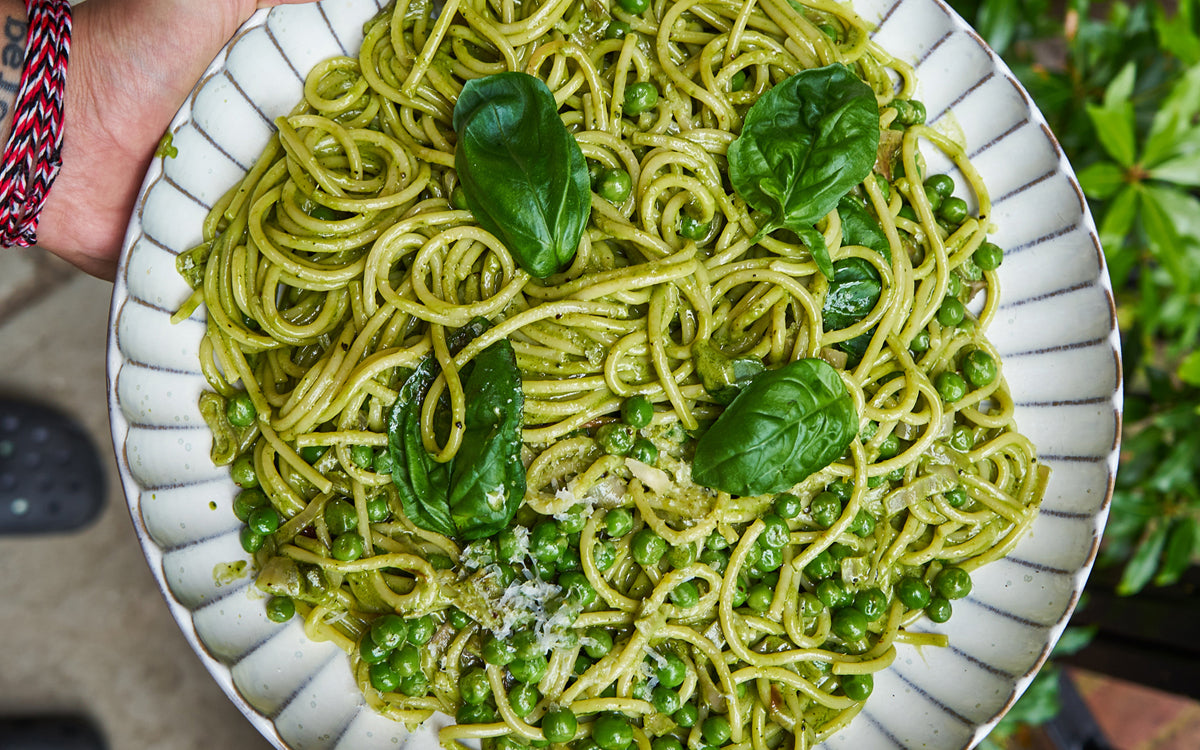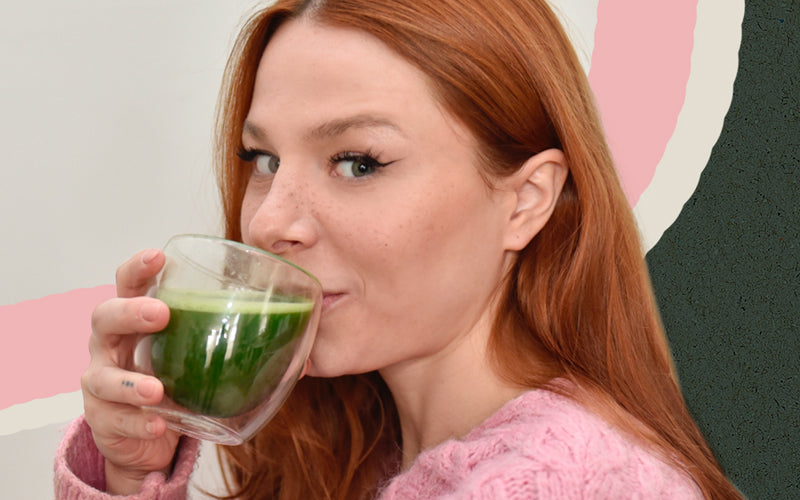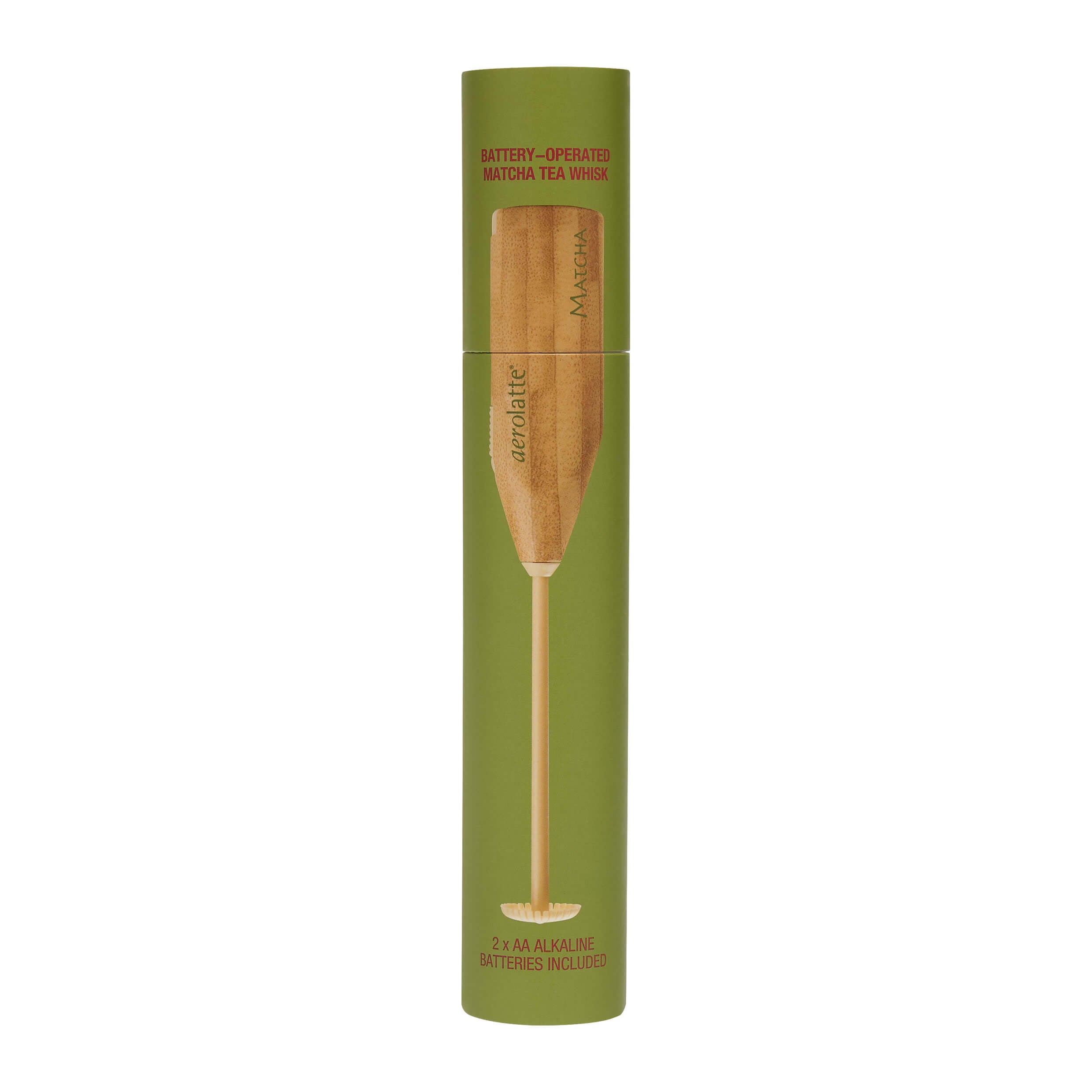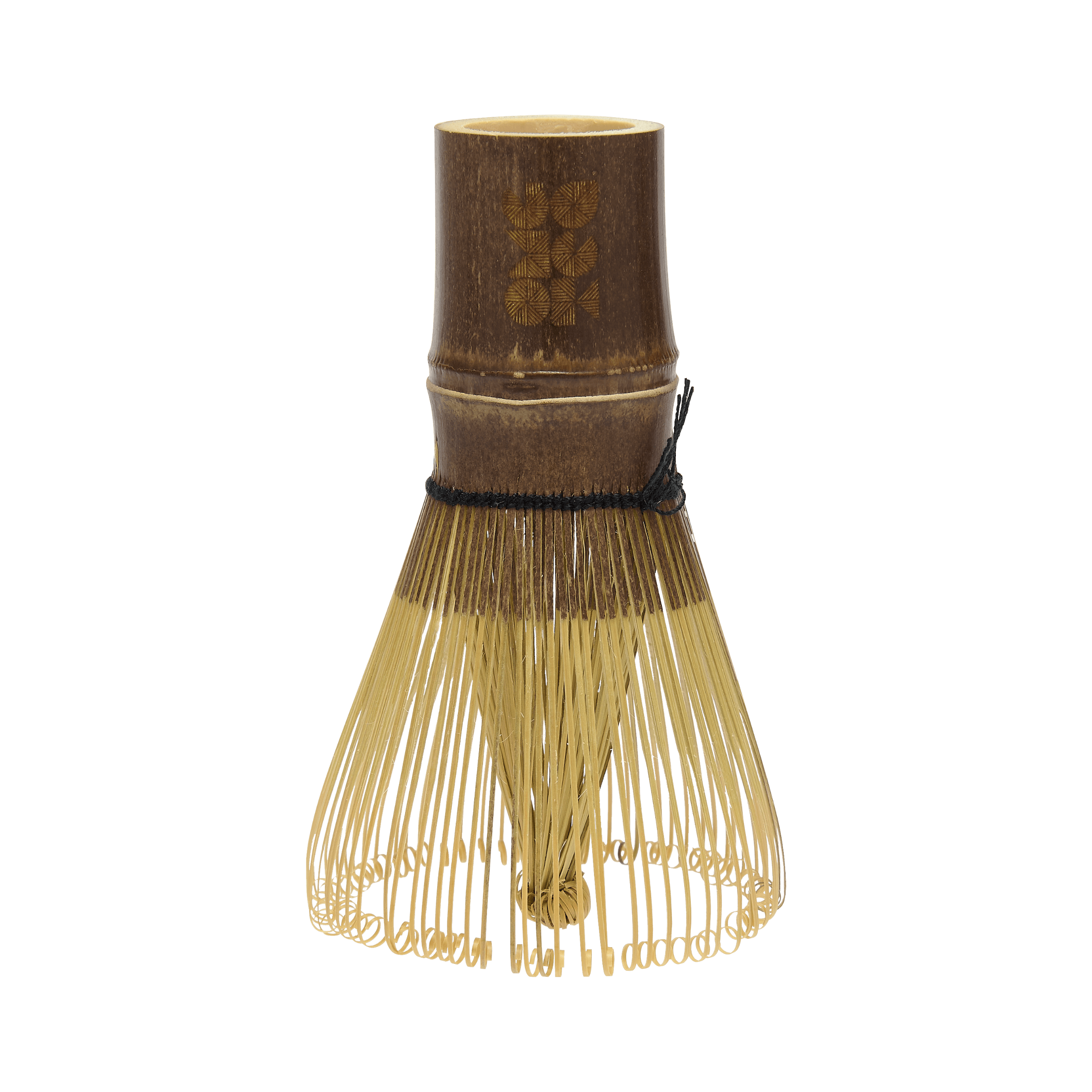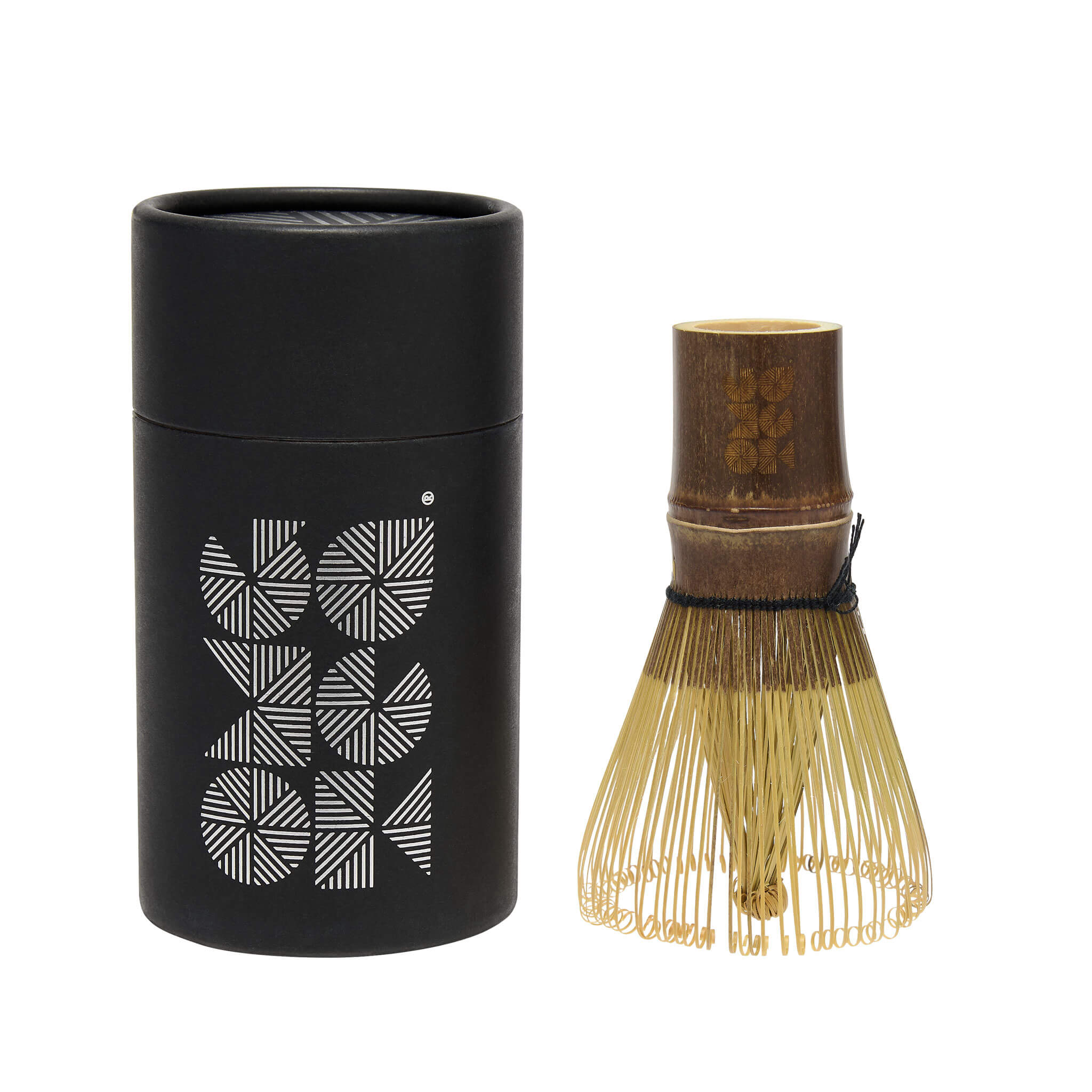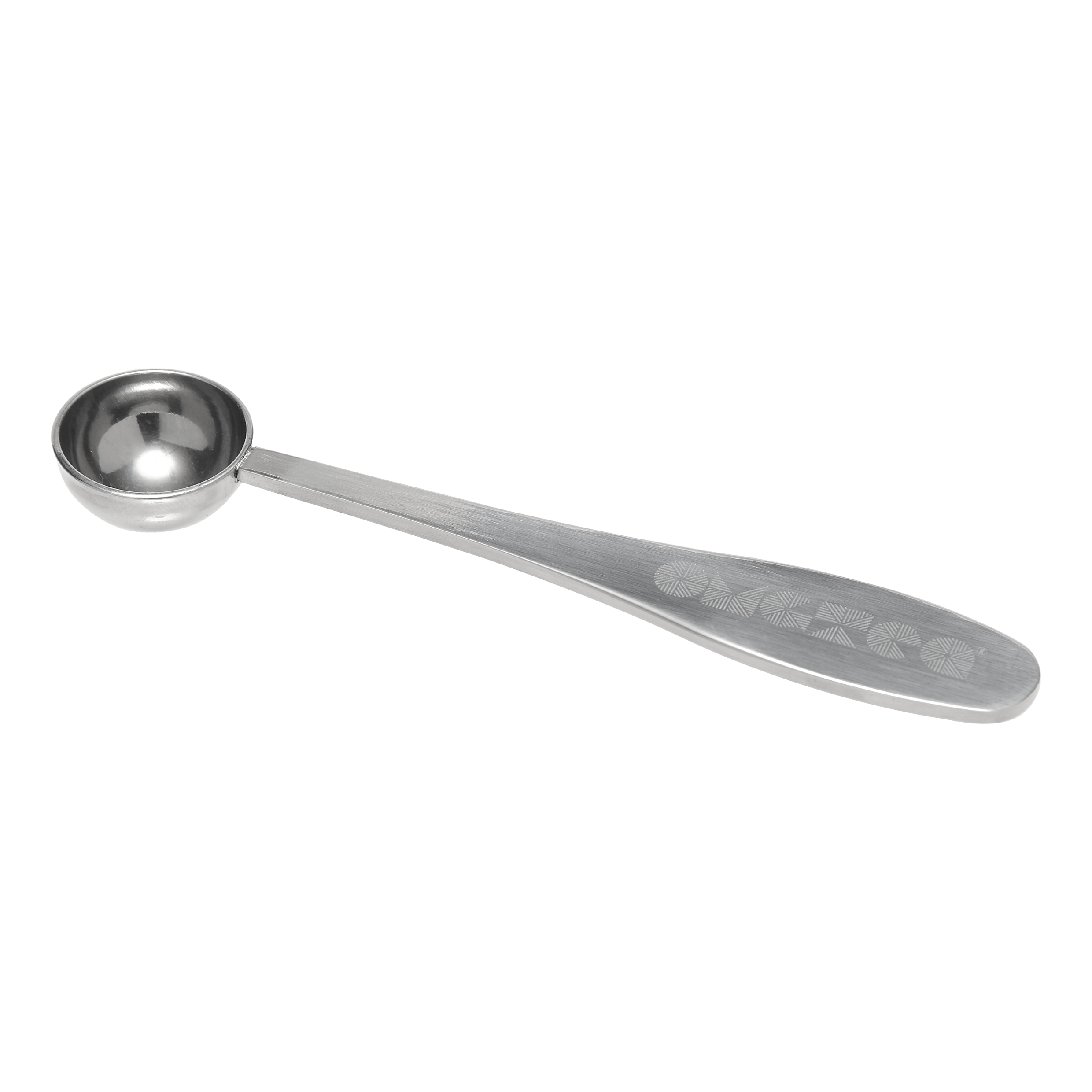If you are reading this, chances are you already know a thing or two about Matcha. Whether on your Instagram feed, at your local café or in conversations with friends, it is popping up more and more these days.
When founder Katherine Swift, started OMGTea in 2014, Matcha was still relatively unknown but seven years on, it’s a favourite of health enthusiasts, foodies and A-listers alike!
Whether you are a Matcha enthusiast or matcha newbie, there are some facts that you may not already know about this extraordinary green powder, so we have listed a few of our favourites below:
1) Matcha comes from the same plant as all tea, Camelia Sinesis but the way it is cultivated and processed is what makes Matcha so special. Real Matcha comes from Japan and is made from the finest shade-grown leaves stone-ground to a fine powder.
Translated from Japanese, Matcha means “powdered tea”. With regular green tea, which is infused in hot water, 85-90% of the nutrients are discarded with the leaves. However, with Matcha, you’re drinking the entire leaf so your body benefits from all the soluble and non-soluble elements of the tea first-hand.
2) Matcha contains 137 times more of the antioxidant known as EGCG vs. regular green tea. EGCG is a part of the antioxidant family known as catechins, which have been linked to better heart health, a healthy metabolism, and improved aging.
You would need to drink 10 cups of regular green tea to get the same nutritional benefit as one cup of quality Matcha. And to put it into even more context, quality Matcha contains six times the antioxidants found in goji berries, seven times the antioxidants in dark chocolate, 17 times more antioxidants than blueberries, and 60 times the antioxidants found in spinach.
It really is extraordinary!
3) Buddhist Monks have been using Matcha for over 800 years to enhance meditation and Matcha was also the tea the samurai turned to before battle, because of its long-lasting energy boost and its ability to promote a state of relaxed awareness.
The components in Matcha work synergistically with the caffeine it contains to reduce physiological and psychological stresses. Matcha is rich in the amino acid L-Theanine. It boosts alpha brain waves to promote a more alert state of relaxation, which keeps you calm, focused, and energised for hours.
L-Theanine enhances yoga and meditation because it creates an effect similar to that which meditation itself can produce – calming the nervous system (rather than over-stimulating it) and regulating blood sugar levels – good enough for monks and modern-day yogis alike.
4) Matcha can help your body detox. This is because it’s packed with powerful plant compounds that help aid your body’s natural detoxification process. The antioxidants in Matcha can help your body flush out harmful toxins, boost energy levels and increase your overall health.
Here are some of the main compounds in Matcha that make it so powerful for detoxing:
Matcha contains Chlorophyll. Chlorophyll increases the blood’s distribution of oxygen and nutrients in your body while also helping your body to regenerate cells. Chlorophyll also reduces the production of gas and toxins that occur during digestion and contributes to protecting the liver. This helps to improve liver function, which can increase your body’s ability to flush out toxins.
Matcha is rich in polyphenols. Polyphenols are powerful antioxidants that help your body combat cell damage.
Matcha contains Catechins which is another powerful antioxidant that helps your body prevent cell damage. Catechins also improve intestinal conditions by helping to prevent of the development of harmful bacteria, while also supporting good bacteria such as bifid bacteria. This optimizes the performance of the intestines, which is crucial for detox.
5) Matcha supports oral health. Catechins like EGCG, which is found in quality matcha support good oral health. Bacteria constantly grows in the mouth, fed by the sugar and starches that are in our diets. Most of these do us no harm, but sometimes it can cause problems and affect our oral health. Bacterial growth produces acid in the mouth, which can erode teeth and lead to cavities. Matcha can actively lower mouth acidity thus protecting from tooth decay.
The lowering of acid levels in our mouths can bring us better breath as well. A study in Japan showed that Matcha catechins outperformed chewing gums, parsley seed oil and mints in reducing oral malodour with its effective deodorant and antibacterial properties and unlike black tea or coffee, Matcha does not stain teeth. This is because Matcha contains high levels of chlorophyll and acts as natural detoxifier preventing teeth from staining.
We love sharing our love of matcha with others and with such a rich history and so many benefits to drinking quality matcha, this list really could go on and on.
When founder Katherine Swift, started OMGTea in 2014, Matcha was still relatively unknown but seven years on, it’s a favourite of health enthusiasts, foodies and A-listers alike!
Whether you are a Matcha enthusiast or matcha newbie, there are some facts that you may not already know about this extraordinary green powder, so we have listed a few of our favourites below:
1) Matcha comes from the same plant as all tea, Camelia Sinesis but the way it is cultivated and processed is what makes Matcha so special. Real Matcha comes from Japan and is made from the finest shade-grown leaves stone-ground to a fine powder.
Translated from Japanese, Matcha means “powdered tea”. With regular green tea, which is infused in hot water, 85-90% of the nutrients are discarded with the leaves. However, with Matcha, you’re drinking the entire leaf so your body benefits from all the soluble and non-soluble elements of the tea first-hand.
2) Matcha contains 137 times more of the antioxidant known as EGCG vs. regular green tea. EGCG is a part of the antioxidant family known as catechins, which have been linked to better heart health, a healthy metabolism, and improved aging.
You would need to drink 10 cups of regular green tea to get the same nutritional benefit as one cup of quality Matcha. And to put it into even more context, quality Matcha contains six times the antioxidants found in goji berries, seven times the antioxidants in dark chocolate, 17 times more antioxidants than blueberries, and 60 times the antioxidants found in spinach.
It really is extraordinary!
3) Buddhist Monks have been using Matcha for over 800 years to enhance meditation and Matcha was also the tea the samurai turned to before battle, because of its long-lasting energy boost and its ability to promote a state of relaxed awareness.
The components in Matcha work synergistically with the caffeine it contains to reduce physiological and psychological stresses. Matcha is rich in the amino acid L-Theanine. It boosts alpha brain waves to promote a more alert state of relaxation, which keeps you calm, focused, and energised for hours.
L-Theanine enhances yoga and meditation because it creates an effect similar to that which meditation itself can produce – calming the nervous system (rather than over-stimulating it) and regulating blood sugar levels – good enough for monks and modern-day yogis alike.
4) Matcha can help your body detox. This is because it’s packed with powerful plant compounds that help aid your body’s natural detoxification process. The antioxidants in Matcha can help your body flush out harmful toxins, boost energy levels and increase your overall health.
Here are some of the main compounds in Matcha that make it so powerful for detoxing:
Matcha contains Chlorophyll. Chlorophyll increases the blood’s distribution of oxygen and nutrients in your body while also helping your body to regenerate cells. Chlorophyll also reduces the production of gas and toxins that occur during digestion and contributes to protecting the liver. This helps to improve liver function, which can increase your body’s ability to flush out toxins.
Matcha is rich in polyphenols. Polyphenols are powerful antioxidants that help your body combat cell damage.
Matcha contains Catechins which is another powerful antioxidant that helps your body prevent cell damage. Catechins also improve intestinal conditions by helping to prevent of the development of harmful bacteria, while also supporting good bacteria such as bifid bacteria. This optimizes the performance of the intestines, which is crucial for detox.
5) Matcha supports oral health. Catechins like EGCG, which is found in quality matcha support good oral health. Bacteria constantly grows in the mouth, fed by the sugar and starches that are in our diets. Most of these do us no harm, but sometimes it can cause problems and affect our oral health. Bacterial growth produces acid in the mouth, which can erode teeth and lead to cavities. Matcha can actively lower mouth acidity thus protecting from tooth decay.
The lowering of acid levels in our mouths can bring us better breath as well. A study in Japan showed that Matcha catechins outperformed chewing gums, parsley seed oil and mints in reducing oral malodour with its effective deodorant and antibacterial properties and unlike black tea or coffee, Matcha does not stain teeth. This is because Matcha contains high levels of chlorophyll and acts as natural detoxifier preventing teeth from staining.
We love sharing our love of matcha with others and with such a rich history and so many benefits to drinking quality matcha, this list really could go on and on.
